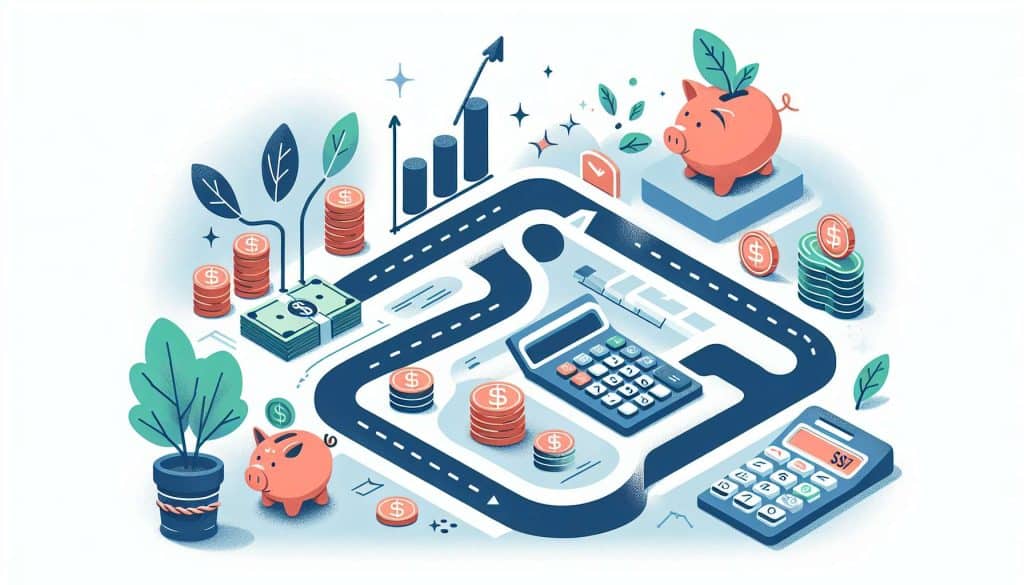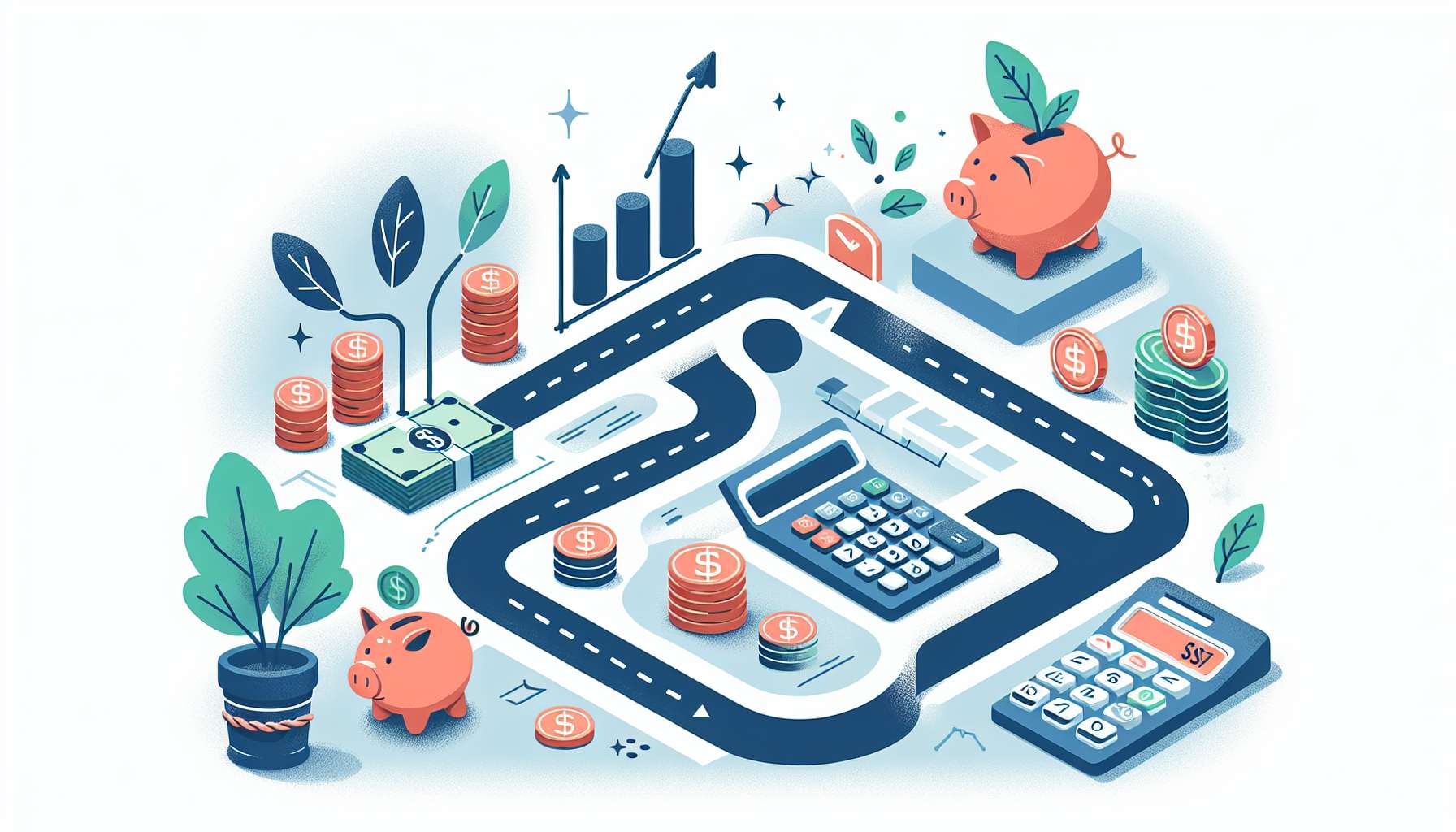Mastering Personal Budgeting: Your Path to Financial Stability

Anúncios

Mastering Personal Budgeting: A Roadmap to Financial Stability
In our fast-paced world, the ability to effectively manage personal finances is crucial, especially through budgeting. Budgeting is more than dividing income; it is about making informed financial choices that meet both immediate needs and future aspirations. As individuals navigate complex financial landscapes, understanding personal budgeting becomes essential. This article will explore the principles of personal budgeting and how it leads to financial wellbeing.
Personal budgeting is fundamental for financial stability. It not only highlights income and expenses but also helps in resource allocation. By setting a budget, you set financial goals, minimize unnecessary debts, and prepare for unexpected events. Engaging in disciplined budgeting is a vital step in establishing a foundation for sound financial decision-making. This process also enables long-term planning while addressing short-term financial obligations effectively.
Recognizing the importance of a budget is the first step towards better financial health. Understanding one’s income sources and spending patterns is equally essential. This begins by listing income streams—salary, rental income, etc.—and categorizing expenses into fixed (like rent and utilities) and variable (like groceries or entertainment). Proper categorization is crucial for managing finances systematically and ensuring financial resources are used appropriately and optimally.
Anúncios
With income and expenditures mapped out, crafting a budget becomes the next logical step. Begin by establishing clear financial goals. Perhaps it’s saving for a dream vacation, accumulating an emergency fund, or eliminating existing debt. Then, calculate the total monthly income post-taxes to get a realistic view of what you can actually spend. Such clarity is crucial for effective financial management and future planning.
List all monthly expenses, prioritizing essentials like housing, food, healthcare, and transportation first, followed by less critical expenditures. Aim for a balanced allocation: 50% for needs, 30% for wants, and 20% for savings and debt payments. This structure provides a disciplined approach to spending while encouraging saving. Regular monitoring and adapting the budget ensure it remains relevant and capable of accommodating financial changes.
Common Pitfalls and Technology in Budgeting
A successful budget requires careful execution and avoiding common mistakes. Overestimating income can lead to budgeting errors, potentially resulting in unwanted debt. Ignoring small purchases could also lead to creeping expenses that disrupt financial balance. Furthermore, failing to create an emergency fund could result in financial strain during unexpected situations. Hence, maintaining flexibility is key in modifying strategies as needed.
Anúncios
Technology offers invaluable support in modern budgeting. Numerous tools and apps are designed to streamline budgeting processes and enhance efficiency. They provide a platform to track both income and expenditures, propose budgeting strategies, and offer financial insights. Tools like Mint, YNAB, and PocketGuard are particularly beneficial, providing interfaces that simplify financial management. Technology can thus play a vital role in ensuring that budgeting remains consistent and effective.
Key Features of Personal Budgeting
- Understanding and categorizing income and expenses
- Setting achievable financial goals
- Consistent review and adjustment of the budget
- Application of technology for improved financial tracking
Benefits of Effective Budgeting
Effective personal budgeting yields several benefits that contribute significantly to financial wellbeing. Firstly, it provides a clear financial snapshot, indicating how funds are utilized and identifying areas for savings. Consequently, it facilitates informed decision-making, reducing the likelihood of financial missteps that may lead to debt. Furthermore, effective budgeting allows for better financial prioritization, focusing resources on areas that deliver the most value.
Overall, budgeting promotes discipline in financial habits, encouraging adherence to planned expenditures and preventing impulse purchases. Such discipline ensures consistency in meeting financial commitments and fosters the patience needed to realize long-term financial ambitions. Additionally, the peace of mind derived from knowing one’s financial standing is an invaluable benefit, reducing stress linked with financial uncertainty.
Engagement with personal budgeting enhances financial literacy, educating individuals on effective fund management and fostering independence in financial planning. This empowerment grows savings potential and debt management strategies. Budgeting also supports transparency between family members, promoting cooperation and shared financial goals, thus enhancing overall household harmony.
- Better utilization and allocation of financial resources
- Facilitates long-term savings and investment
- Encourages proactive debt management
- Promotes financial transparency and cooperation





